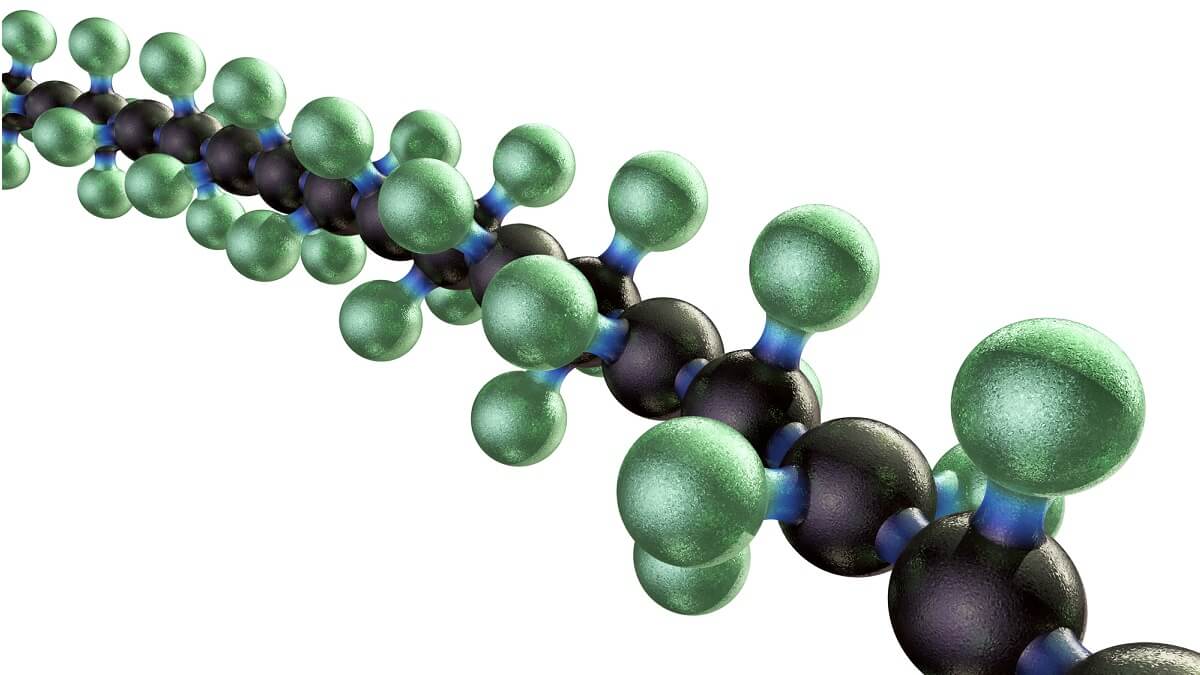Polymers in Building And Construction: Stronger, Lighter in weight, and More Long lasting
Polymers in Building And Construction: Stronger, Lighter in weight, and More Long lasting
Blog Article
Discovering the Varied Applications and Benefits of Polymers in Different Industries
Polymers, with their varied series of buildings and capabilities, have become essential in different sectors, each gaining unique gain from their application. Polymers. From enhancing safety and security and efficiency in the automotive field to revolutionizing clinical tools in the medical care market, polymers play a pivotal function. Additionally, their green nature is changing the landscape of sustainability techniques. As we dig into the midsts of polymers in electronic devices, we uncover advanced technologies, while their architectural stability transforms the realm of building and construction and infrastructure. The pervasive influence of polymers across sectors is a testament to their flexibility and adaptability, shaping the future of numerous markets.
Automotive Field Applications
Polymers play a critical role in boosting the performance and resilience of various components within the vehicle industry. One famous use of polymers in the automotive market is in the production of lightweight elements.

Medical Care Sector Advantages
In various healthcare applications, the benefits of utilizing polymers are widely recognized for their varied variety of helpful properties. Polymers play a critical role in the health care market as a result of their versatility, biocompatibility, and cost-effectiveness. One of the key advantages of polymers in medical care is their capability to be tailored to specific needs, such as flexibility, sturdiness, and biodegradability, making them perfect for a wide variety of medical applications.
Polymer-based materials are thoroughly utilized in medical devices, such as catheters, implants, prosthetics, and drug distribution systems, due to their biocompatibility and ability to mimic natural cells. These materials can minimize the risk of allergies or denials, enhancing person safety and security and end results. Furthermore, polymers are light-weight, making them appropriate for wearable clinical tools and making certain person comfort.
In addition, polymers allow the growth of ingenious therapy methods, such as hydrogels for tissue engineering and nanocomposites for targeted medication shipment. Their convenience of processing and sterilization makes them important for preserving high criteria of health in medical care setups. Generally, the varied benefits of polymers add significantly to improvements in medical modern technology and individual care.
Ecological Advantages of Polymers

Furthermore, polymers can add to energy financial savings due to their light-weight nature. In sectors such as transport, light-weight polymer materials can aid minimize gas usage and greenhouse gas exhausts. In addition, polymers can enable the growth of energy-efficient items such as insulation materials that boost power preservation in structures.
In addition, polymers play an important function in minimizing water air pollution. The use of polymer-based filtering systems can successfully link get rid of pollutants and impurities from wastewater, securing water resources and communities. On the whole, the environmental benefits of polymers make them important possessions in advertising sustainability and eco-friendly practices across numerous industries.
Polymers in Electronic Devices and Innovation
Thinking about the increasing need for ingenious and sustainable solutions in modern markets, the combination of innovative polymer innovations in the world of electronic devices and innovation has actually become a pivotal method for driving efficiency and efficiency. Polymers have changed the electronic devices sector by allowing the manufacturing of lighter, extra versatile, and long lasting digital devices. From mobile phones to medical devices, polymers play an important role in improving item layout and functionality.
One substantial benefit of polymers in electronic devices is their protecting buildings, which assist secure delicate electronic parts from environmental factors and electrical interference. Additionally, polymers are essential in the development of flexible displays, wearable innovation, and printed electronics, supplying countless possibilities for developing wise and interconnected tools.
Additionally, the use of polymers in digital packaging has actually brought about developments in miniaturization and thermal management, enhancing the general performance and reliability of electronic systems. As innovation proceeds to advance, the versatility and adaptability of polymers will most certainly drive further innovation in the electronics market, forming the future of modern technology.
Function of Polymers in Building and Facilities
The integration of innovative polymer products in building and construction and infrastructure tasks has reinvented the method structures are designed and constructed in modern-day times. Polymers supply countless advantages in the building and construction industry due to their flexibility, longevity, and cost-effectiveness. One essential function of polymers in construction is their usage in finishes and sealers, offering protection versus environmental factors such as wetness, UV radiation, and deterioration. Furthermore, polymers are used in the production of light-weight and high-strength composite products, boosting the architectural honesty of buildings while minimizing total weight.
Moreover, polymers play a crucial function in sustainable her comment is here building practices by making it possible for the growth of energy-efficient frameworks. Shielding products made from polymers assist control interior temperatures, visit site minimizing the need for home heating and cooling down systems and ultimately reducing energy intake. In addition, the usage of polymer-based compounds in facilities projects such as bridges and roadways improves their durability and minimizes upkeep expenses. Overall, the unification of polymers in building and construction and infrastructure showcases their substantial influence on modern-day engineering practices.
Verdict
In final thought, polymers play an important function in numerous sectors such as automotive, health care, environmental, electronics, and construction. From improving gas effectiveness in automobiles to boosting medical tools, polymers supply many benefits.
Report this page